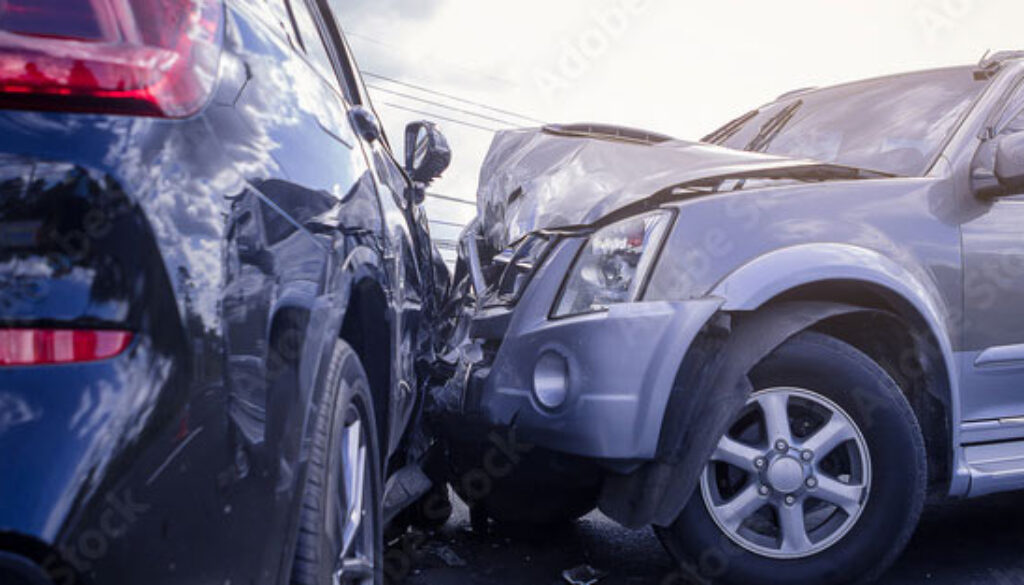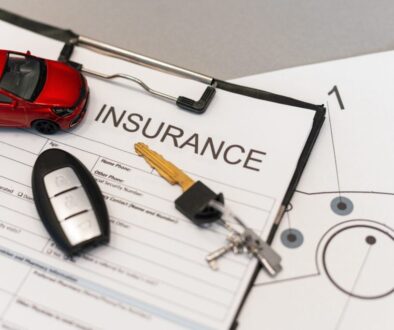After an Accident – Recorded Statements, Do I have to Give One?
Being in a car accident is stressful, and it’s normal to feel overwhelmed. Afterward, you might start getting calls from insurance companies asking for details about the crash. One thing they often request is a recorded statement, which might make you wonder: Do I really have to give one? The simple answer is No.
As experienced car accident lawyers, we strongly recommend not giving a recorded statement to insurance companies after an accident. Here’s why it’s usually a bad idea and how it can hurt your claim.
What’s a Recorded Statement?
A recorded statement happens when the insurance adjuster asks you to explain what happened during the accident while they record you. The insurance company records your statement, adds it to your case file, and may later use it during the claims process. Adjusters often claim it’s routine or necessary to speed things up, but their real goal is to find ways to use your statement against you.
Insurance companies often look for inconsistencies or small mistakes, even innocent ones, to reduce your payout. They may twist your words to minimize your injuries or suggest you bear more fault than you actually do.
Why is Giving a Recorded Statement a Bad Idea?
- You’re Not Legally Required to Give One: In Oklahoma, the law doesn’t require you to provide a recorded statement to the other driver’s insurance company. Adjusters may try to convince you that you have to, but that isn’t true. Before talking to an insurance company, consult a Tulsa car accident lawyer first.
- Insurance Companies Aren’t Looking Out for You: While the adjuster may seem friendly, remember that their job is to protect the insurance company’s money—not your best interests. The insurance company may use a recorded statement to deny or reduce your claim. For example, you might unknowingly say something that suggests you were partly at fault or downplay the seriousness of your injuries.
- Your Words Can Be Twisted: After an accident, you might not fully understand the extent of your injuries right away. But giving a recorded statement too soon locks you into a version of events that could later turn out to be incorrect. If your injuries get worse or new information comes up, the insurance company may still use your original statement to reduce your payout.
- They’ll Try to Rush You: Insurance companies often call right after the accident, hoping to catch you off guard while you are still shaken up. They may tell you your claim will face delays if you don’t give a statement immediately, but that simply isn’t true. In Oklahoma, you have two years to file a personal injury claim, so there’s no need to rush before talking to an attorney.
Understanding Oklahoma’s Comparative Fault Law
Oklahoma uses what’s called a “comparative fault” system. If investigator decide you share partial fault for the accident, your compensation decreases by that percentage. So, if you’re 20% at fault, you’ll get 20% less money. Insurance companies know this. They often use your recorded statement to assign more blame to you and lower their payout.
What Should You Do Instead?
Here’s how to protect yourself if an insurance company asks for a recorded statement:
- Politely Decline: Let the adjuster know that you don’t want to provide a recorded statement. Be respectful but stand your ground. If they keep pushing, tell them your attorney will handle any further communication.
- Contact a Tulsa Car Accident Attorney Right Away: A local attorney with experience in car accident cases can help guide you through the process and deal with the insurance company for you. That way, you avoid accidentally saying something that could harm your case.
 Offer a Written Statement If Necessary: If you need to provide a statement, your attorney can help you write one. Your attorney will carefully review it to protect your rights. This limits the chances of making mistakes or saying something that can be used against you.
Offer a Written Statement If Necessary: If you need to provide a statement, your attorney can help you write one. Your attorney will carefully review it to protect your rights. This limits the chances of making mistakes or saying something that can be used against you.- Document the Accident on Your Own: While you shouldn’t give a recorded statement, you should still document everything about the accident. Write down what you remember, take photos, and collect witness contact information. These details strengthen your case.
Final Thoughts: Protect Your Rights After a Car Accident
Giving a recorded statement might seem like the easiest way to move your claim forward, but it frequently hurts your case. Insurance companies focus on saving money. Insurance companies frequently use anything you say against you. Your best option is to talk to a Tulsa car accident lawyer who protects your rights and handles insurance companies for you.






